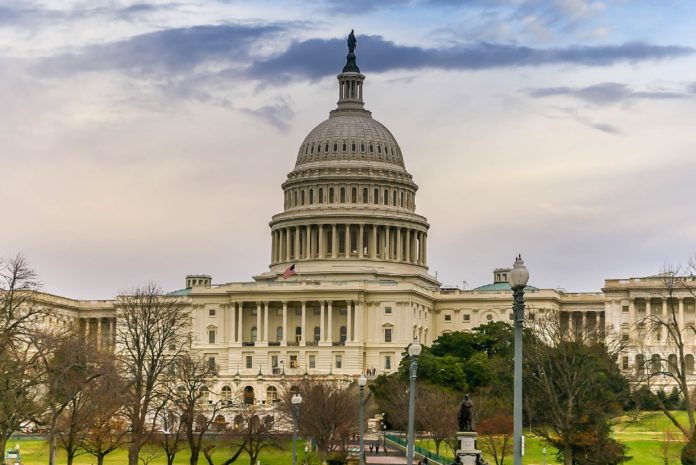The US Senate approved a $1 trillion infrastructure plan 69-30 on Tuesday, one of the biggest investments in American history and a momentous piece of legislation that could remodel American lives for decades. 19 Republican senators joined 49 Democrats to surpass the required 60 procedural vote requirement. Democrats and Republicans have finally joined together to bring one of Joe Biden’s core economic agendas closer to reality.
The agreement was reached after weeks of arduous negotiations between a bipartisan group of 10 senators and the White House. It reauthorizes existing federal public-works programs while also allocating an additional $550 billion to water projects, the electrical grid, and public-safety initiatives, among other projects to improve roads, tunnels, bridges, internet and other major infrastructure.
“This bill will rebuild crumbling roads and bridges and tunnels across the country. It will provide clean drinking water in American homes and address harmful contaminants. It will increase connectivity in our communities to bring broadband to even the most rural parts of our country,” said Senator Jeanne Shaheen (D-NH) one of the lawmakers who worked on the plan.
For years, lawmakers from both parties have expressed a desire to work together on a significant infrastructure package, but an accord had evaded them. If the House of Representatives approves the public works package, it will be the Biden presidency’s first big bipartisan success. Biden is now on course to literally put this back on track, thanks to the US Senate vote.
The tunneling industry is expected to gain from the spending, which includes $110 billion for road, bridge, and highway rehabilitation and repair, as well as $66 billion for rail (passenger and freight). The agreement is the greatest federal investment in public transportation in history, as well as the largest in passenger rail since Amtrak’s founding half a century ago.
Details of the infrastructure bill:
- $73 billion for electric grid and power infrastructure
- $66 billion for passenger and freight rail
- $65 billion for broadband investments
- $55 billion for water systems and infrastructure
- $50 billion for Western water storage
- $39 billion for public transit
- $25 billion for airports
- $21 billion for environmental remediation projects
- $17 billion for ports and waterways
- $15 billion for electric vehicles
- $11 billion for road safety
The deal will be funded “through a combination of unspent emergency relief funds, targeted corporate user fees, stronger tax enforcement when it comes to crypto currencies, and other bipartisan measures, in addition to revenue generated from higher economic growth as a result of the investments,” according to a White House statement. Following their victory in the Senate, Democrats are expected to fine-tune their plans for reconciliation in the coming months with the goal of passing a final bill by the end of this year.
